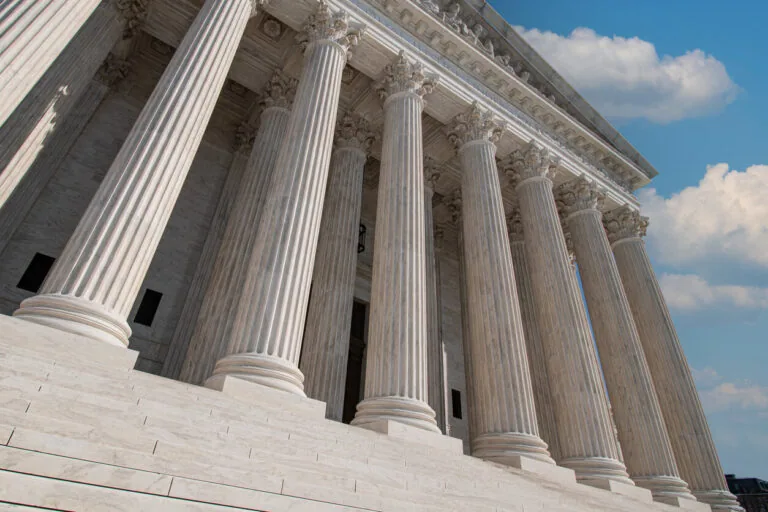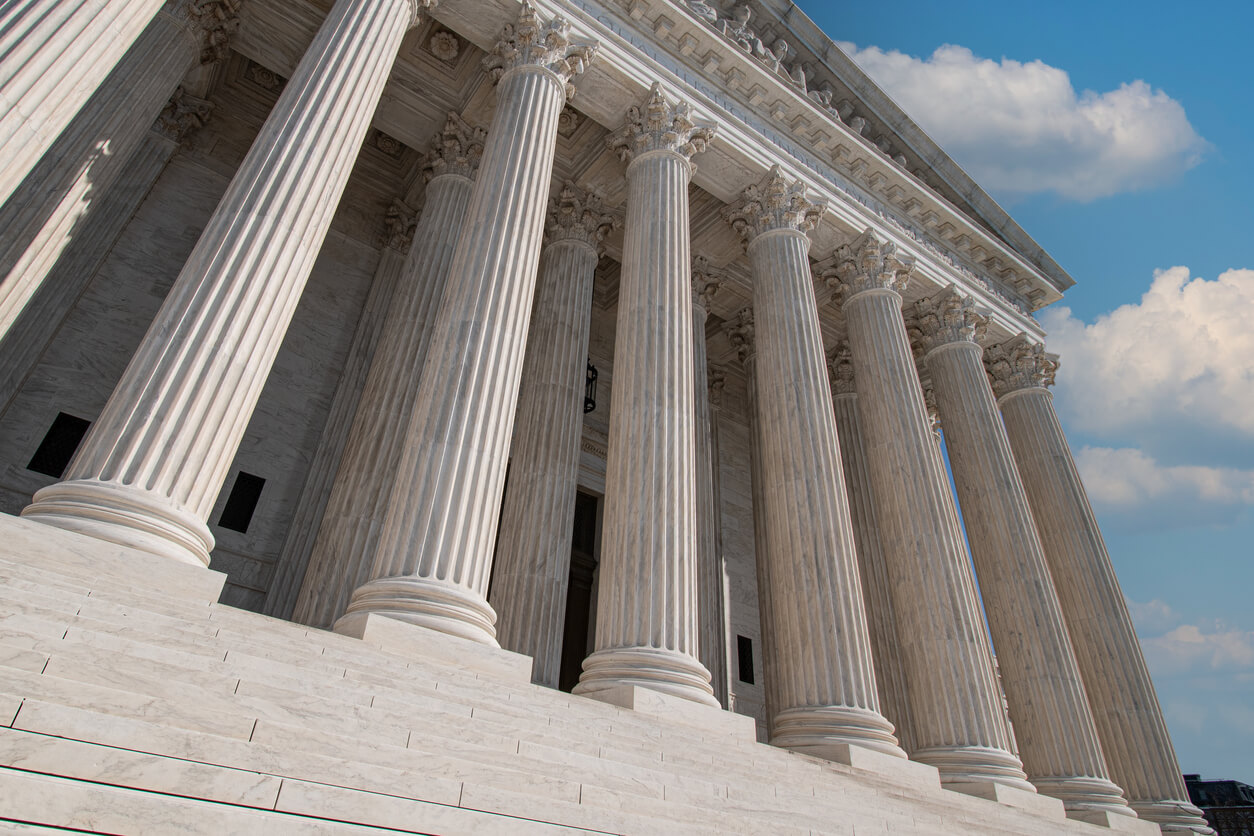You and your partner agreed to a prenup before the wedding. Now you’re wondering—will it actually hold up if it’s ever challenged in court? It’s a fair question and one we hear often at Aiello & DiFalco. The answer depends on how the agreement was made and whether a judge finds it “fair” under New York law.
Let’s break down how courts assess the fairness of a prenuptial agreement and what you can do to ensure yours is enforceable.
What Does “Fair” Mean in a Prenup?
Fairness doesn’t mean both parties walk away with exactly half of everything. In fact, many valid prenuptial agreements include unequal divisions of property or waive certain rights altogether. That’s perfectly legal—as long as the process was fair and the outcome isn’t shockingly one-sided.
New York courts focus on two types of fairness:
- Procedural fairness — Was the agreement made fairly?
- Substantive fairness — Are the terms reasonable and not unconscionable?
A court will consider both when deciding whether to enforce a prenup.
Procedural Fairness: How the Prenup Was Created
Procedural fairness refers to how the agreement came together. Even if the terms themselves seem fair, a judge might throw out a prenup if the process is flawed. Here’s what they look for:
- Full financial disclosure: Did both parties provide an honest accounting of their income, assets, and debts before signing? Hiding information can make an agreement unenforceable.
- Voluntary agreement: Was either party pressured, rushed, or coerced into signing? A prenup signed days before a wedding under emotional pressure might not hold up.
- Time for review: Did both sides have enough time to read and consider the agreement? A rushed signature doesn’t allow for proper decision-making.
- Separate legal counsel: Courts strongly prefer that each party has their own lawyer. It helps ensure both individuals understand the agreement and aren’t taken advantage of.
Aiello & DiFalco guides clients through every step of this process. We make sure both parties understand the agreement, have time to review it, and enter into it freely. That foundation is critical to long-term enforceability.
Substantive Fairness: What the Agreement Says
Even if a prenup was created properly, a court can still review the actual terms for fairness—especially at the time of enforcement.
- Are the terms unconscionable? Judges won’t enforce an agreement that leaves one spouse with nothing while the other walks away with everything unless it is clearly understood and accepted.
- Has the situation changed dramatically? Sometimes, what seemed fair at the time of signing becomes unreasonably harsh years later. A waiver of spousal support may be fair early on, but not after a long marriage where one spouse sacrificed their career to raise children.
- Did both parties understand the tradeoffs? Courts want to see that each person understood what rights they were waiving—and that those waivers were clearly stated.
Fair doesn’t mean equal. It means no one was blindsided, misled, or unfairly disadvantaged. A judge will consider whether the agreement, as written and applied to current circumstances, meets that standard.
Why Legal Guidance Matters
A strong prenup starts with sound legal advice. When you work with an attorney, you get help drafting an agreement that reflects your goals, protects your interests, and complies with New York law. You also reduce the risk of running into problems down the line.
Our New York attorneys help clients create prenuptial agreements that are thoughtful, transparent, and enforceable. We know what courts look for, and we’ll work with you to ensure your agreement stands on solid ground.
Speak With a New York Prenup Attorney Today
If you’re thinking about a prenuptial agreement—or wondering whether yours is enforceable—we’re here to help. At Aiello & DiFalco, we offer straightforward advice and practical solutions based on years of experience. Contact us today to schedule a confidential consultation.

